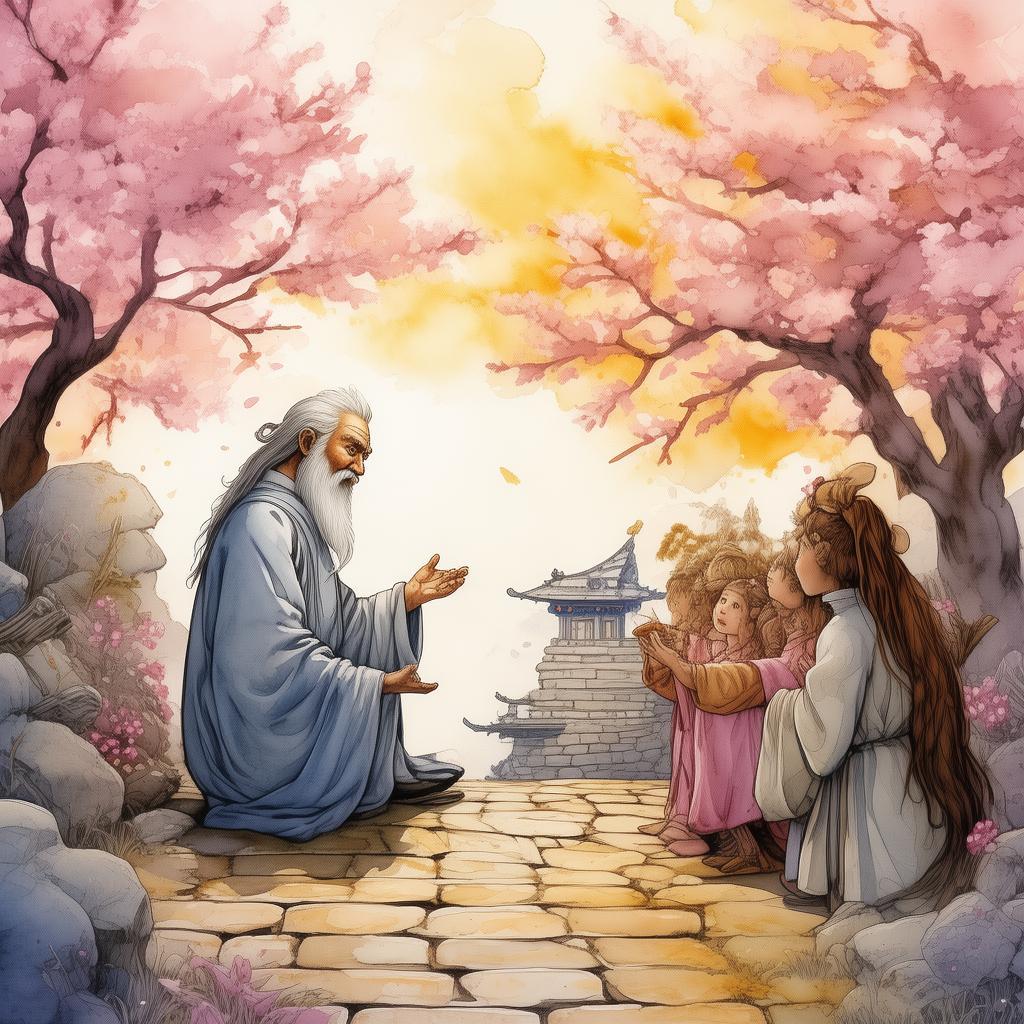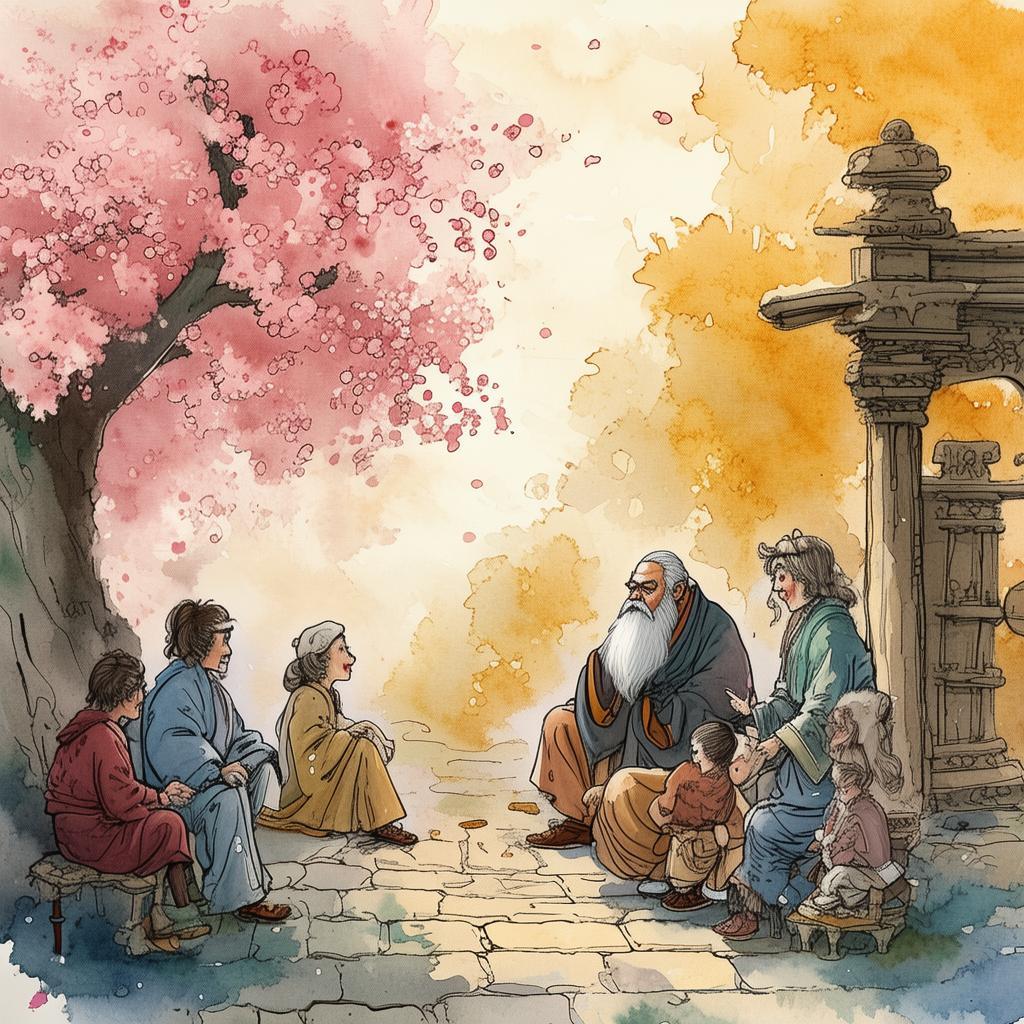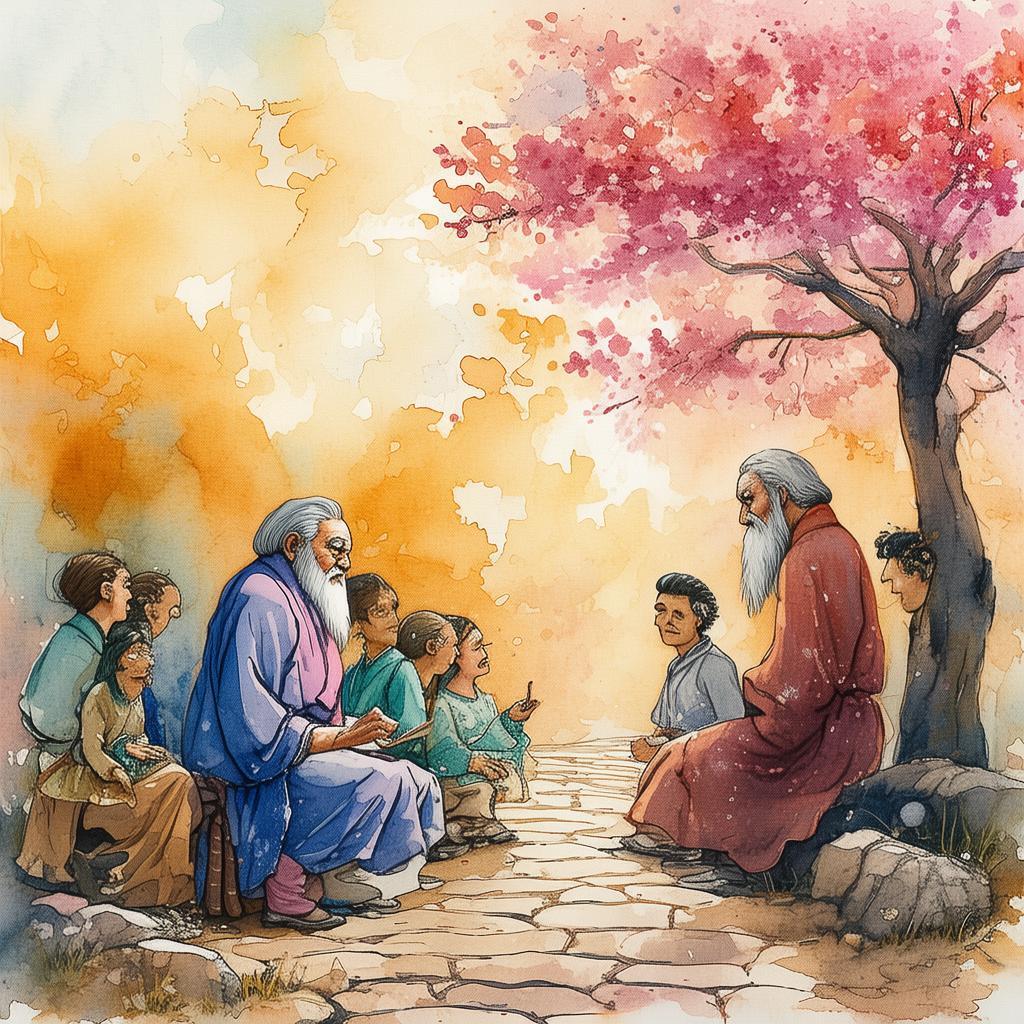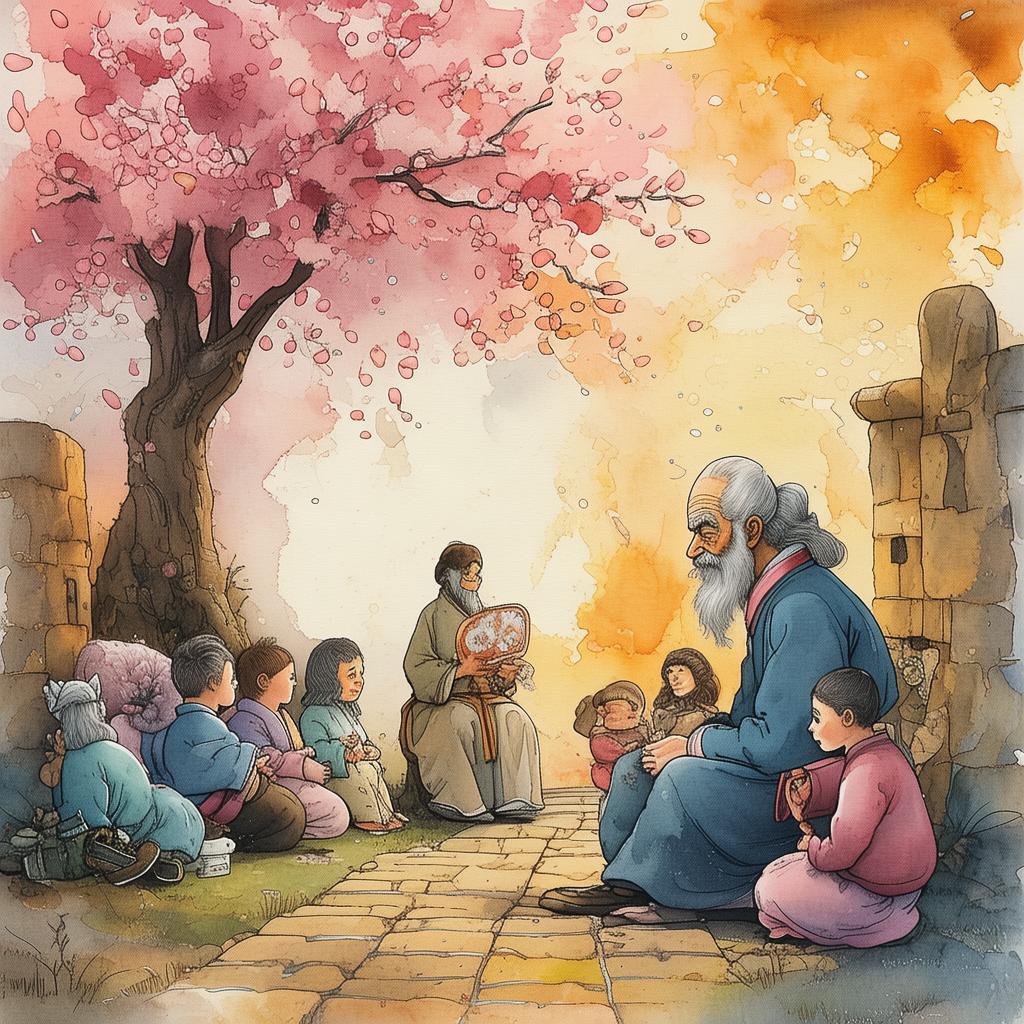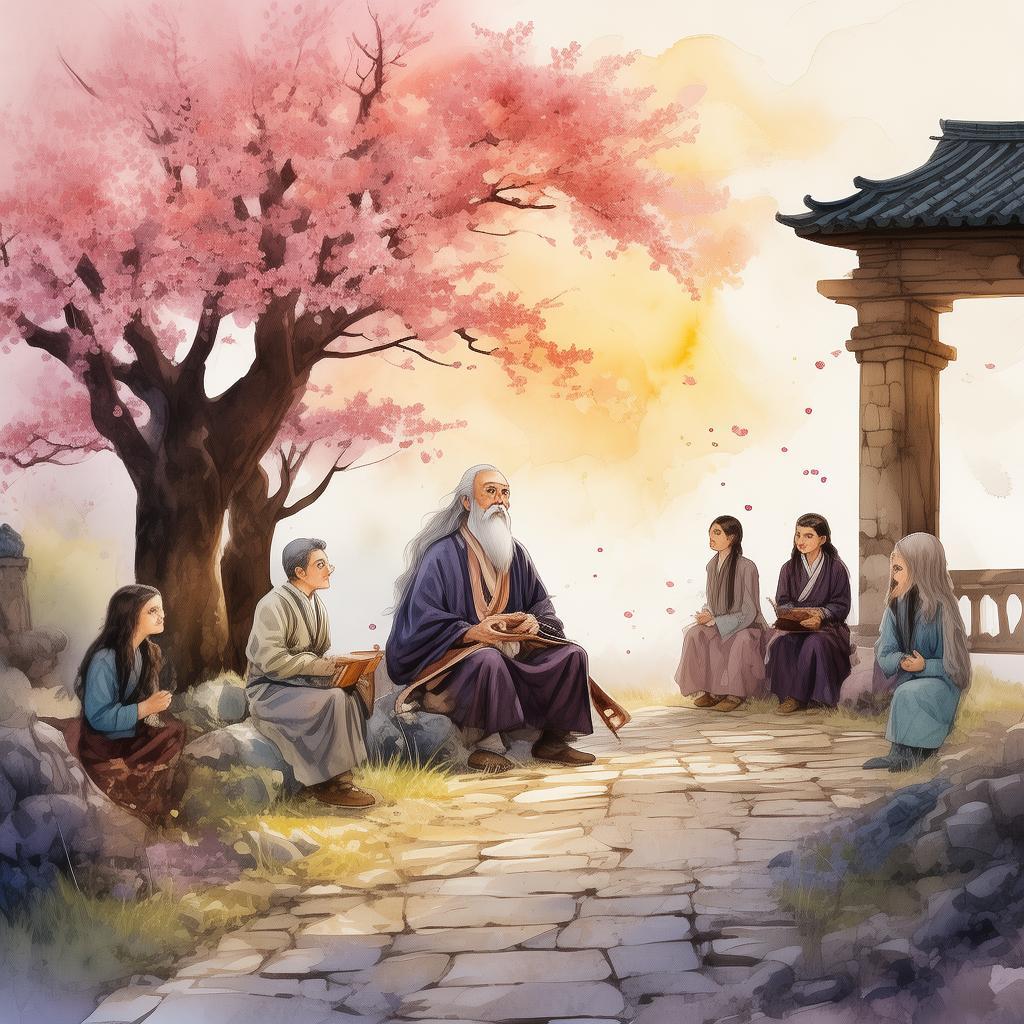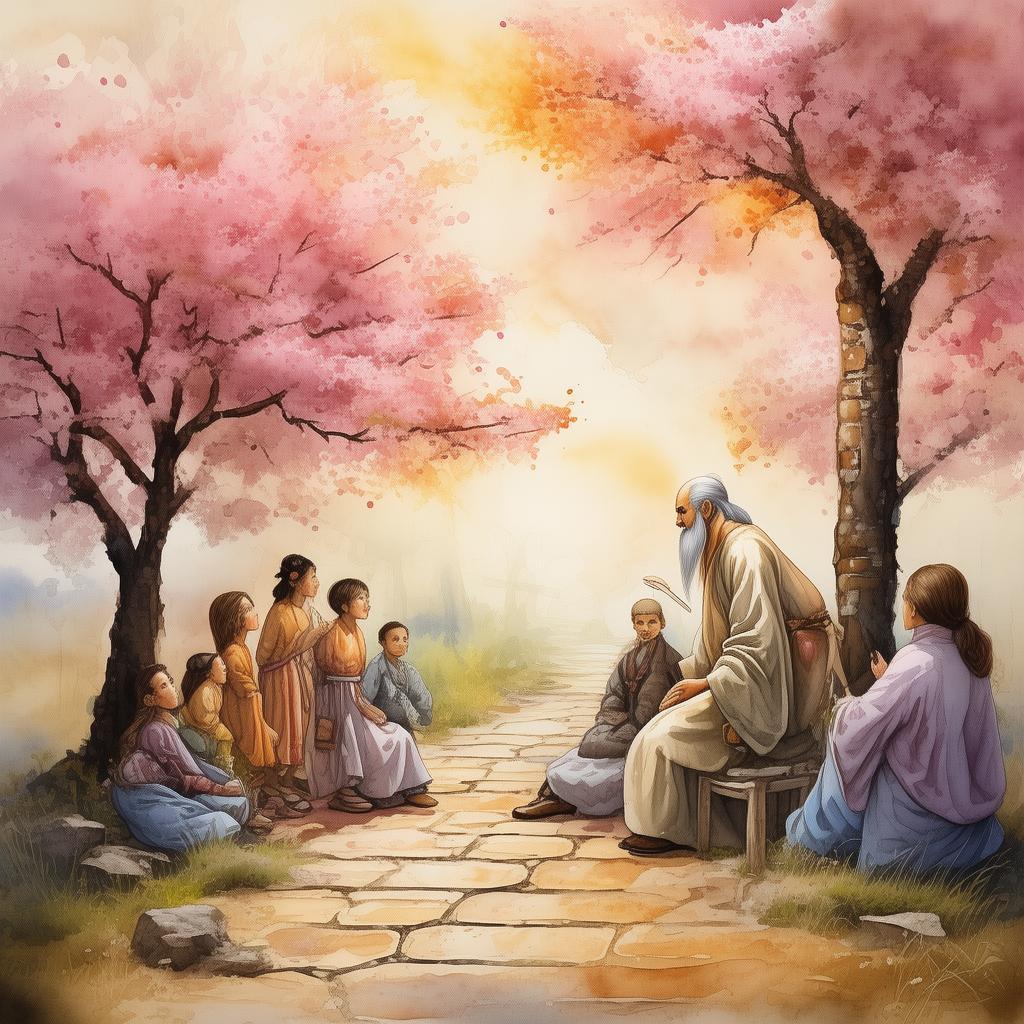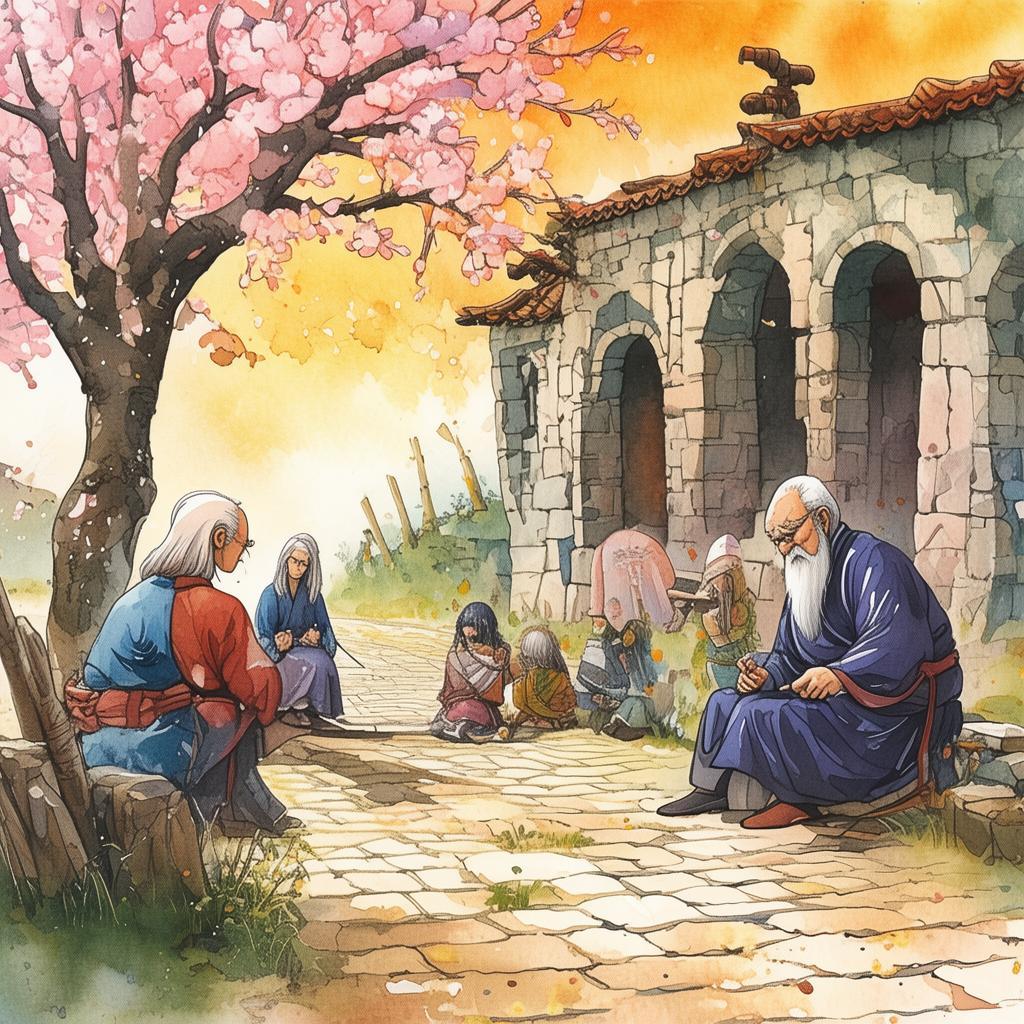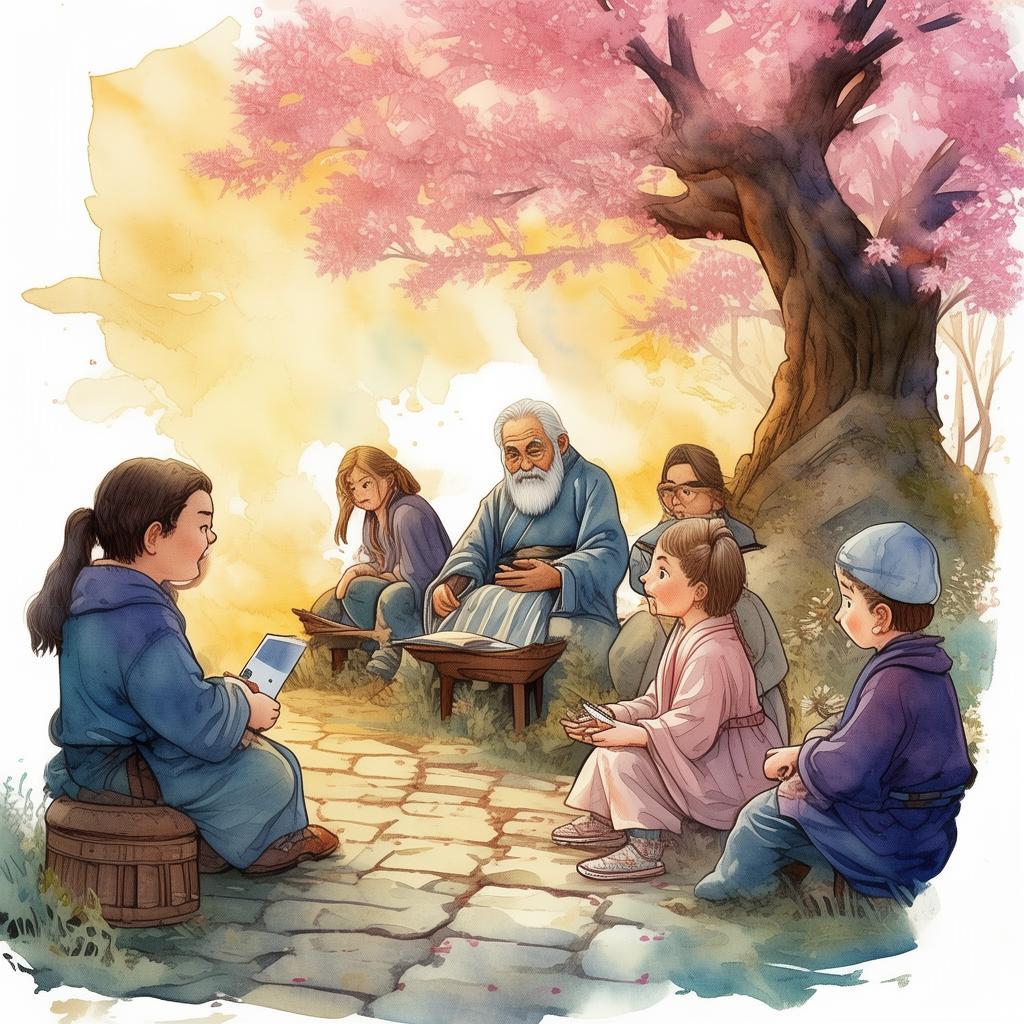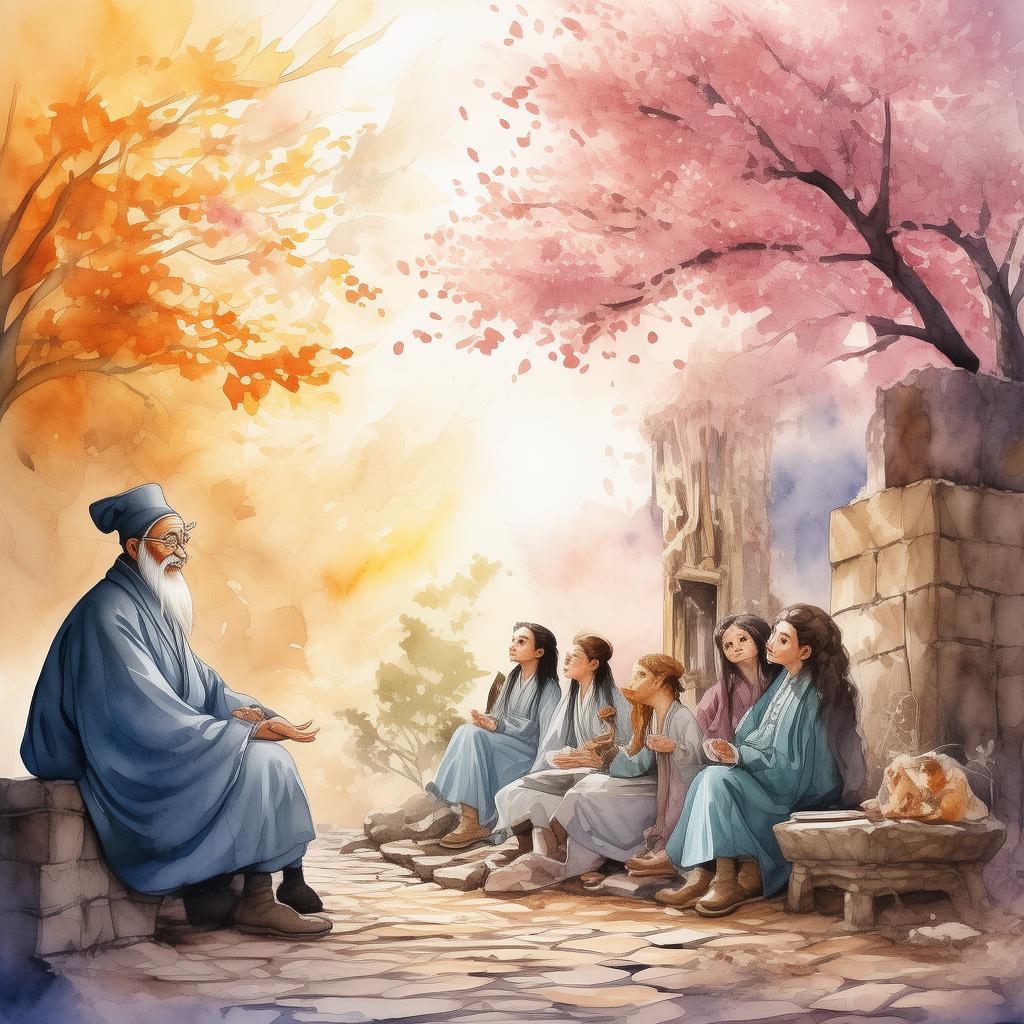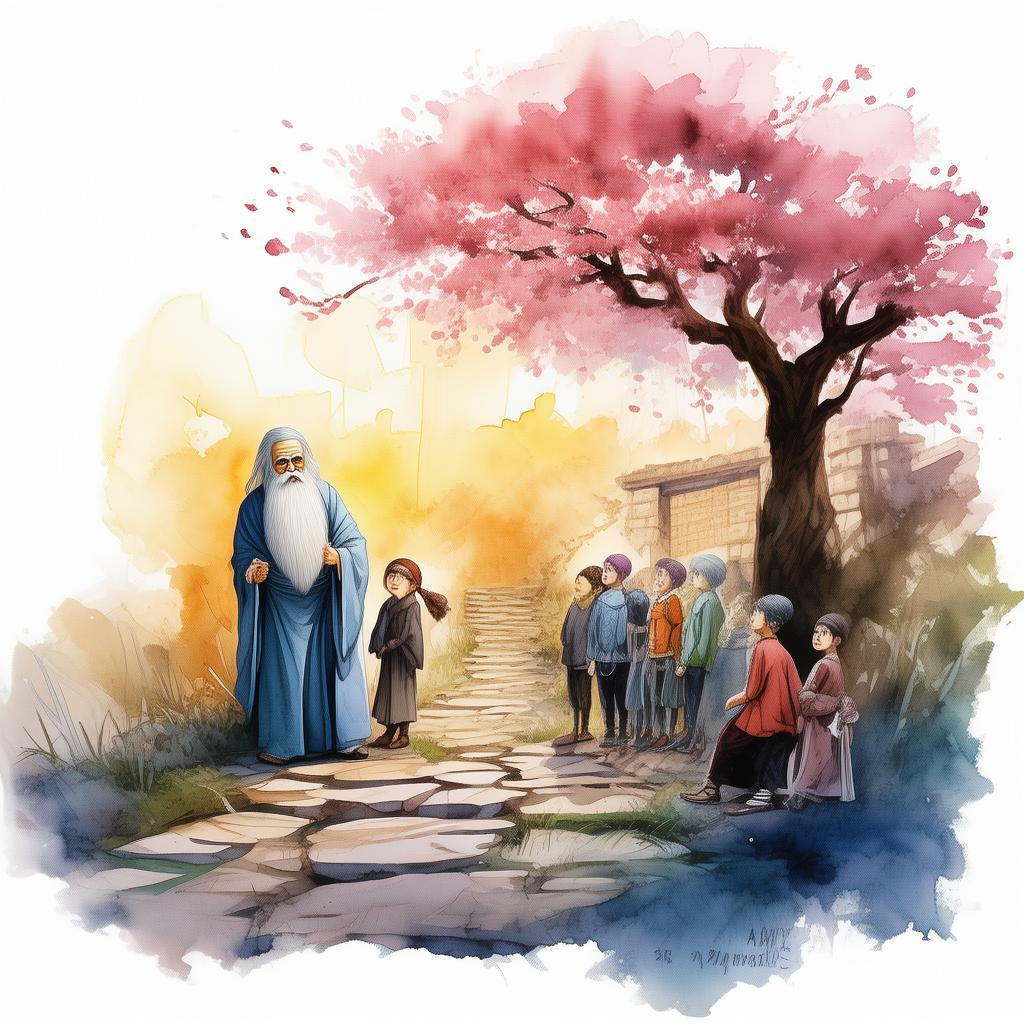The Chessboard of Fates: The Bishop's Renaissance
In the heart of a renaissance, a time of great cultural and intellectual growth, a bishop named Elion found himself at the crossroads of destiny. The chessboard of fates, a mystical device that could alter the course of history, lay before him, its pieces poised to dance in a symphony of destiny. Elion, a man of profound wisdom and a heart burdened by past transgressions, had been chosen to guide the bishop's renaissance—a time when the fate of nations would be decided upon the very squares of this ancient board.
Elion's story began in the shadow of a great empire, where he had once been a favored advisor to the king. His strategic mind and unyielding loyalty had made him a powerful figure, but his ambition led him to betray his closest friend, a move that would haunt him for the rest of his days. The bishop's renaissance was his chance for redemption, a quest to right the wrongs of his past and to ensure that the future would be one of peace and prosperity.
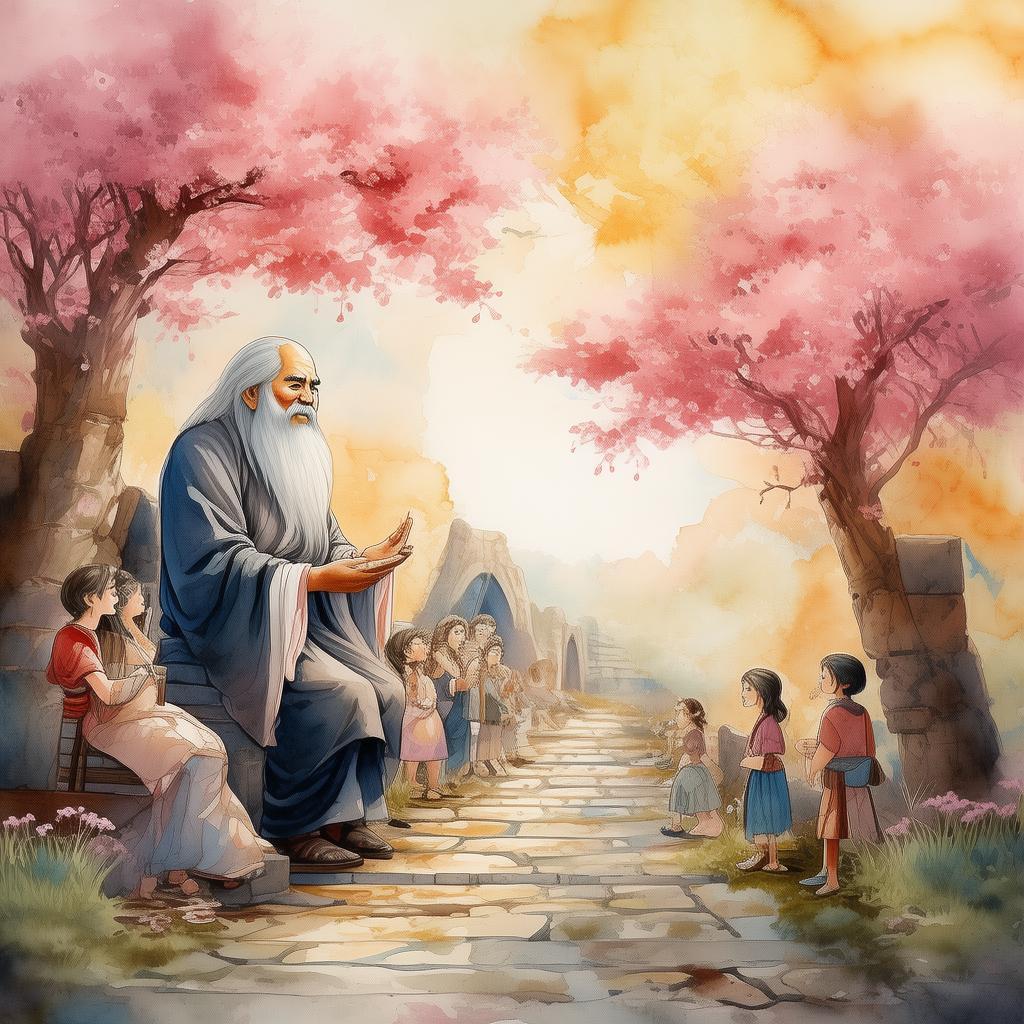
The bishop's renaissance was not a simple task. It required Elion to navigate the intricate web of political intrigue and to outwit the cunning of his enemies. Each move on the chessboard was a reflection of the real world, where alliances were formed and broken, and the fate of nations hung in the balance.
One evening, as the moon cast its silver glow upon the board, Elion found himself face-to-face with his arch-nemesis, the cunning Countess Isolde. She had always been a thorn in his side, her intellect and ambition as great as his own. "Elion," she began with a sly grin, "you think you can alter fate, but the pieces are already set. You are no match for the power of my family."
Elion's eyes narrowed. "Power is a double-edged sword, Countess. It can be used to build, or to destroy. The bishop's renaissance is about more than just winning on the chessboard. It's about creating a future where all can thrive."
Isolde laughed, a sound that echoed through the silent chamber. "You are a fool, Elion. The bishop's renaissance is a myth, a fairy tale. The pieces are set, and the game is played by those who control the strings. You are but a pawn in a grander scheme."
Unfazed, Elion reached for the bishop, his fingers trembling with the weight of his past and the hope of his future. "Then let us play," he said, "and let the chips fall where they may."
As the game progressed, the lines between the real and the mystical blurred. Elion found himself not just playing against Isolde, but against the very forces of fate. The bishop's renaissance was not just a game; it was a test of his character, his resolve, and his heart.
One of the most critical moments came when Elion faced a difficult decision. The fate of a small kingdom hung in the balance, and Elion had to choose between protecting his own interests or sacrificing his future for the greater good. He chose the latter, and in doing so, he won the respect of the people and the trust of the chessboard of fates.
The bishop's renaissance was not without its challenges. Elion had to confront his own demons, to face the man he had become, and to reconcile with the man he once was. Through his journey, he learned that true power lay not in the control of others, but in the mastery of oneself.
As the game reached its climax, Elion found himself facing Isolde one last time. "You have lost, Elion," she declared, her voice filled with triumph. "The pieces are set, and you have failed."
Elion stood up, his eyes gleaming with determination. "Then let us play one more game, Countess. Not for power, not for control, but for the sake of the future. For the sake of the bishop's renaissance."
In that moment, as the pieces moved across the board, Elion realized that the bishop's renaissance was not just about changing the course of history, but about changing the very essence of who he was. It was a journey of redemption, a quest to rebuild the man he had become, and to ensure that the future would be one of hope and prosperity.
As the game concluded, the chessboard of fates lay silent, its pieces in their final positions. Elion knew that the bishop's renaissance was far from over, but he also knew that he had taken the first, and most important, step. The future was unwritten, and he had chosen to write it with his own hands.
The bishop's renaissance had come to an end, but its legacy lived on. Elion had found redemption, and in doing so, he had set the stage for a new era of peace and prosperity. And so, the bishop's renaissance became a tale that would be told for generations, a story of hope, of redemption, and of the power of one man to change the course of history.
✨ Original Statement ✨
All articles published on this website (including but not limited to text, images, videos, and other content) are original or authorized for reposting and are protected by relevant laws. Without the explicit written permission of this website, no individual or organization may copy, modify, repost, or use the content for commercial purposes.
If you need to quote or cooperate, please contact this site for authorization. We reserve the right to pursue legal responsibility for any unauthorized use.
Hereby declared.
